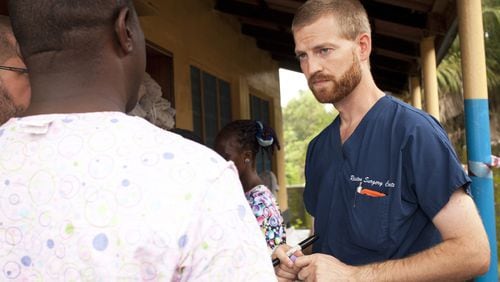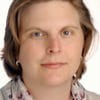The first patient undergoing treatment for Ebola at Emory, Dr. Kent Brantly, issued a statement Friday. Closing in one week since he was first admitted, igniting nationwide controversy, Brantly said he was "getting stronger every day." He wrote the statement from his isolation room at Emory University Hospital, he said, where he is receiving treatment with fellow missionary Nancy Writebol, in separated isolation rooms.
The statement follows recorded comments released by his fellow patient’s husband, David Writebol. Like Brantly, Writebol expressed deep gratitude for the devoted care the two are receiving at Emory. Writebol also said he was “astonished” at critics who said the two patients knew what they were getting into when they went to treat patients in Africa, and should have stayed there when they got infected.
Brantly did not say he was astonished, but he explained he did not go to Africa knowing he was wading into an Ebola outbreak.
“My wife Amber and I, along with our two children, did not move to Liberia for the specific purpose of fighting Ebola,” Brantly wrote. “We went to Liberia because we believe God called us to serve Him at ELWA Hospital.” Later their work turned more and more toward Ebola, he said. “I held the hands of countless individuals as this terrible disease took their lives away from them.”
When he first noticed symptoms in his own body, he said, he immediately isolated himself til the diagnosis was confirmed three days later.
About the Author







